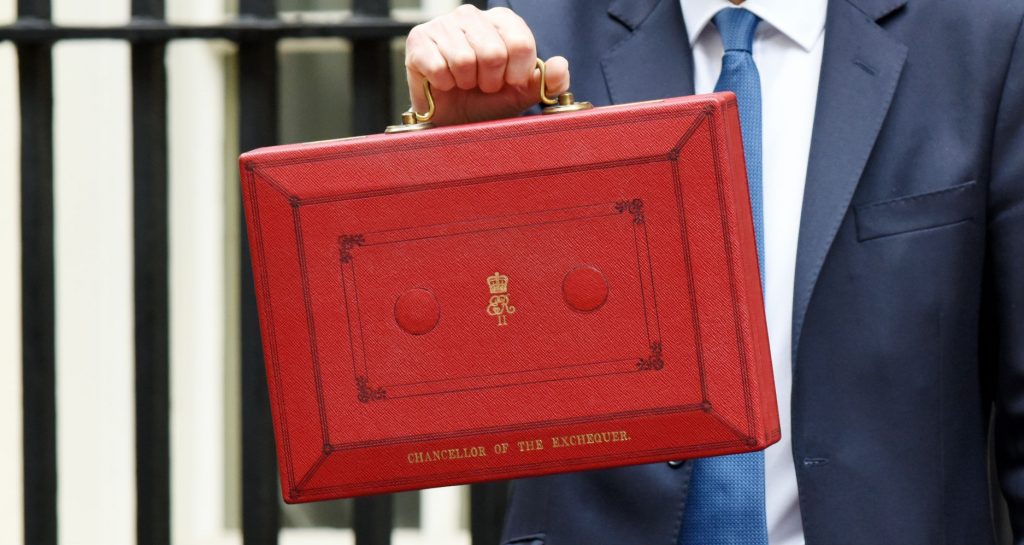Chancellor Rishi Sunak’s autumn Budget statement yesterday delivered the news of national pay increases from April which retailers will have to fund.
Harry Goraya, who runs a Nisa Local in Northfleet, Kent, said: “I’m not impressed. Where does the government expect us to find the extra income to fund the wage rises?
“I employ 14 people so that wage increase is going to make a big difference to the overheads of my business.
“Suppliers are already putting their prices up and in fact everything is going up but, as far as shoppers are concerned, we have to keep our prices competitive to protect our business.
“I pay my staff more than the minimum wage but this will make it even more difficult to remain competitive particularly against some supermarkets because I don’t know how they keep their prices so low.
“Of course, there are some savings for retailers, particularly with regards to the business rates discount, but that won’t kick in for some time yet.
“I am still analysing it but my first impression is that this Budget is a mixed bag – a bit of a juggling act by the government although I am glad he is helping some public sector workers.
“I was looking to recruit three extra staff but now with this wage increase looming I may have to just settle for one.
“My wife and I already do 15-hour shifts some days and this means we may end up doing even more hours once the new wage rates arrive!”
The Budget statement announced an increase in the national minimum wage from £8.91 to £9.50 an hour from April.
The chancellor also revealed there will be a 50% discount on 2022/3 business rates for smaller businesses and the scrapping of the planned increase on fuel duty – moves which were broadly welcomed by retail organisations.
Arjan Mehr, who operates a Londis in Bracknell, Berkshire, was more positive about the Budget. “For us, it is broadly neutral because although the wage rises will increase our costs, we will gain on business rates and there are also other positives.
“The problem with minimum wage rates is that it doesn’t stop at the basic level because it is then reflected in supervisory and management staff who want to maintain their wage differentials.
“Most businesses have two or three tiers of management so costs will increase there as well. I don’t like the principle of minimum wages being imposed on business because you are rewarding inefficient staff as well as the good ones.
“Another problem for us is to try and get suppliers to maintain margins at a time when there is an element of inflation in the pipeline which will come through strongly early next year.”
Mehr employs 16 staff at his outlet and does not foresee hours being reduced as a result of wage rises. “We have cut the hours to the bare bones in recent years so there is not a lot of fat left to cut these days.
“If you reduce staff hours too much you can also create other issues such as an increase in shoplifting which can threaten the business.
“All in all, I don’t have too big a gripe with the chancellor because he has balanced out a few things for us quite well.
“One positive from higher wage rates is that we may be able to attract better calibre people to the job which will be a good thing in the long term.”
Kay Patel, who runs three Best-one outlets in and around Stratford, London, said: “I was expecting higher wage costs but was not expecting to have to continue paying full business rates at a time when we are facing more competition from online operators.
“That is the most pressing issue for us.
“The wage increases will add a few hundred pounds to my weekly wage bill so we will have to look at the staff rotas and see what we can do in terms of hours.
“However, we are stretched for staff as it is and one problem for us is that the majority of our stock is price marked so the margins are fixed.
“Going forward, it will be about diversifying with niche products and focusing more on categories with more margin so we are able to move away from price marking.
“I wouldn’t say I am happy with the Budget but we have to pay for the pandemic somehow and it was always going to be tough for the chancellor.”
 Talking Retail Grocery and product news for independent retailers
Talking Retail Grocery and product news for independent retailers






